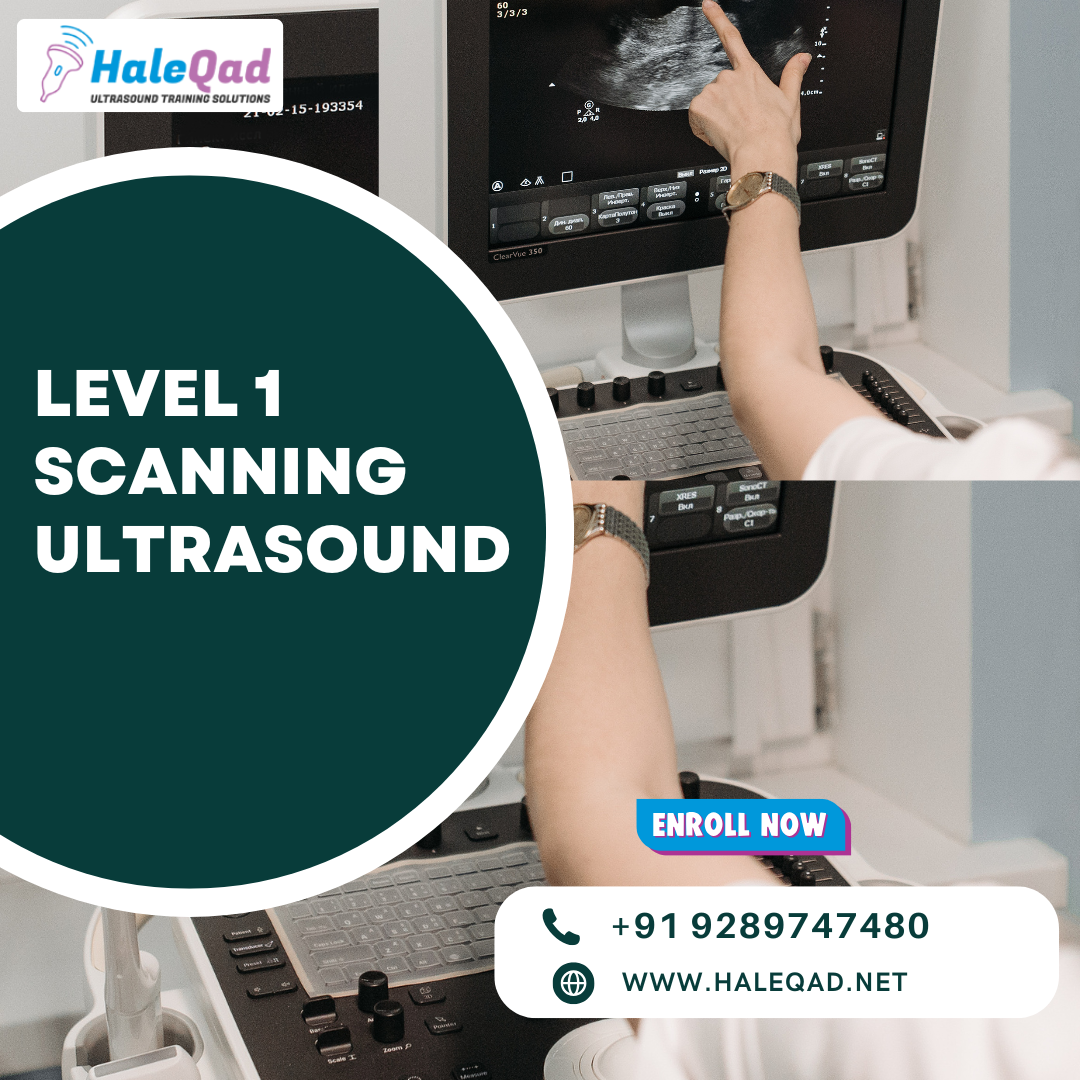The journey of pregnancy is one of immense anticipation and profound change. From the moment of conception, every parent-to-be eagerly awaits milestones, and few are as reassuring or informative as the first detailed ultrasound. While many are familiar with later scans, the Level 1 USG in Pregnancy – also widely known as The Detailed First Trimester Ultrasound – plays a crucial, foundational role in assessing the early health and development of your baby. This initial diagnostic window is indispensable, offering vital insights and setting the stage for a healthy pregnancy.
What is an Ultrasound (USG) Level 1?
An Ultrasound (USG) Level 1 scan is essentially your first comprehensive look inside the womb during the early stages of pregnancy. Typically performed between 11 and 14 weeks of gestation, it serves multiple critical purposes beyond merely confirming pregnancy. This scan is often referred to as a 3 Month NT Scan due to its primary focus on measuring nuchal translucency (NT), a fluid-filled space at the back of the baby's neck. It’s a detailed examination that provides early information about the baby's development and screens for potential chromosomal abnormalities and major structural issues.
This scan is also frequently termed the Obs 1st Anomaly Scan (Level 1), indicating its role in the initial screening for anatomical anomalies. The goal is to obtain a clear and comprehensive view, allowing healthcare providers to ensure the pregnancy is progressing as expected and to identify any early concerns.
Key Components of Your Level 1 USG Pregnancy Ultrasound Sonography Scan
- →Nuchal Translucency (NT) Measurement and Nasal Bone Assessment: Precise measurement of NT and assessment of the nasal bone for early screening of chromosomal conditions.
- →Early Anomaly Screening: Visualization of the developing brain, spine, heart, limbs, and abdominal wall for major structural abnormalities.
- →Fetal Heart Rate and Viability: Confirmation of fetal heart rate and viability.
- →Gestational Age Confirmation: Accurate determination of gestational age and estimated due date.
- →Placenta and Uterus Assessment: Evaluation of placenta position and uterine health.
- →Applicability for Multiple Pregnancies: Determination of chorionicity in twin/multiple pregnancies.
Why is the Ultrasound (USG) Level 1 so Important?
- →Early Detection and Risk Assessment: Screening for chromosomal abnormalities and informing further diagnostic decisions.
- →Reassurance and Bonding: First glimpse and heartbeat, fostering bonding and reassurance.
- →Early Pregnancy Management: Early identification of conditions for timely intervention and counseling.
What to Expect During Your 3 Month NT Scan
The 3 Month NT Scan is typically performed using a transabdominal approach, sometimes transvaginal for clearer images. The procedure is painless, takes about 20-30 minutes, and may require a full bladder. The sonographer will explain the process and show you images of your baby.
Ultrasound (USG) Level 1 vs. Level 2 Ultrasound: Understanding the Distinction
- →Level 1 Ultrasound: Performed in the first trimester (11-14 weeks), focusing on viability, gestational age, and initial screening for chromosomal abnormalities and major anomalies.
- →Level 2 Ultrasound: Performed around 18-22 weeks, providing a detailed anatomical survey of the fetus.
Considering the USG Level 1 Ultrasound Price
The USG Level 1 ultrasound price varies by location and provider. Check with your clinic or insurance for details. This scan is an investment in early pregnancy health.
The Foundation of Expertise: The Role of OB GYN Ultrasound Training
The accuracy and reliability of your Level 1 USG in Pregnancy depend on the expertise and training of professionals. Comprehensive OB GYN Ultrasound Training is essential, starting with foundational courses in Basic Gynecological Obstetrics Ultrasound, mastering equipment, image optimization, scan protocols, and interpretation.
- →Accurate Image Interpretation: Differentiating normal anatomy and pathologies.
- →Documentation and Reporting: Meticulous record-keeping for clinical decisions.
Certificate Courses and Online OBGYN Courses offer flexible, accredited training, including advanced modules in 3D/4D imaging and Doppler studies for complex diagnostics.
Conclusion: Embracing the Information from Your First Scan
The Level 1 USG in Pregnancy is a pivotal moment in prenatal care, providing invaluable insights and laying the groundwork for understanding your baby's health. Choosing a qualified provider ensures precise diagnostics and the best care during this precious time. Your Ultrasound (USG) Level 1 is a foundational step towards a well-informed and healthy pregnancy.
The Level 1 Ultrasound Scanning training program is designed to help doctors to understand thoroughly the ongoing during the second trimester of pregnancy, evaluate the location of the placenta in the uterus and to assess the growth of the fetus.
Our faculty always looks forward to interaction with doctors and participants of our program to answer all queries related to Level-1 scanning and share our knowledge to make a community of doctors who are experts in ultrasound.
Show Less




